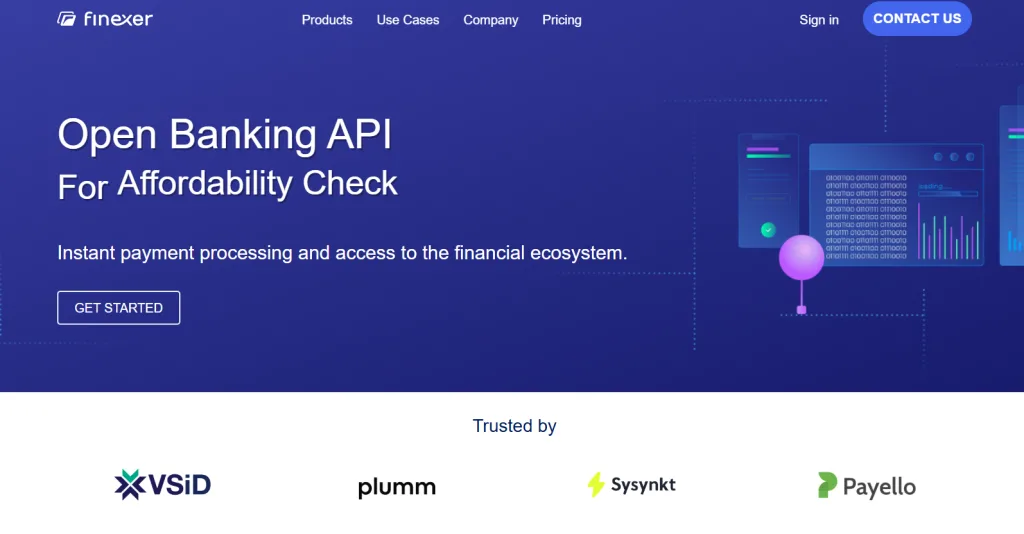In the UK, over 7 million users rely on Open Banking, with more than 11 billion API calls made in 2024 alone. Financial data is flowing faster and more widely than ever, making data privacy in financial data aggregation a top priority for firms handling sensitive client information. With regulations tightening and client expectations rising, how this data is collected, shared, and protected can make or break trust.
If you’re looking to understand the real privacy risks, the UK regulatory landscape, and the practical safeguards needed to stay compliant while modernising your workflows, you’re in the right place. This guide covers everything you need to know from consent frameworks to secure aggregation tools, so you can handle financial data confidently and responsibly.
What is Account Data Aggregation?
Account data aggregation refers to the secure collection and consolidation of financial information from multiple sources through regulated APIs and consent-driven frameworks. Instead of manual data uploads or screen scraping, modern aggregation uses standardised connections to compile financial data into a unified view while maintaining strict privacy controls.
For accountancy firms this means: Transforming fragmented client financial data into structured, actionable information that can be efficiently analysed and reported on.
The Core Components of Secure Data Aggregation
The backbone of privacy-focused account aggregation consists of four essential elements:
- Explicit Consent Frameworks – Users grant clear, time-bound permission
- Secure Connection Protocols – Encrypted API connections replace credential sharing
- Data Retrieval Standards – Consistent methods for accessing financial information
- Normalisation Processes – Standardising data into uniform formats
📚 Key points to remember:
- Modern aggregation relies on regulated APIs rather than screen scraping
- All data access requires explicit user authorisation
- Standardised formats ensure consistent data handling
- Time limitations enforce privacy by default
UK-Specific Compliance Requirements
In the UK financial landscape, account data aggregation operates under strict regulatory oversight. The Financial Conduct Authority (FCA) governs this space with particular focus on Account Information Service Providers (AISPs) who must adhere to robust privacy standards.
Why this matters for practices:
- Only FCA-authorised providers can legally access client financial data
- Strong customer authentication is mandatory for all data access
- Explicit consent management systems must be implemented
- Secure data handling protocols must be demonstrable
International Standards and Their UK Implementation
While the UK has established its own regulatory approach post-Brexit, it maintains alignment with international best practices:
- UK Open Banking – FCA-regulated framework for secure financial data sharing
- GDPR Alignment – Comprehensive data protection requirements apply to all financial information
- PSD2 Principles – Payment Services Directive foundations continue to influence UK standards
Software is compulsory. Unlike some regulatory changes, there is no manual alternative for compliant data aggregation.
Consumer Rights and Consent Management
At the heart of compliant account data aggregation lies explicit consent – the legal and ethical requirement that users actively authorise what financial data can be accessed, by whom, and for what duration.
For accountancy firms this means:
- Implementing clear consent workflows for client financial data
- Ensuring time-limited authorisations with explicit renewal processes
- Providing accessible consent management interfaces
- Maintaining comprehensive consent audit trails
Consent Manager Frameworks
Modern consent management systems provide users with granular control over their financial data, including:
- Authorisation of specific data elements for sharing
- Setting explicit time limitations (typically up to 90 days)
- Reviewing all active data sharing arrangements
- Revoking access at any time
Practical Implementation for Financial Services
Integration Approaches for Accounting Practices
Accounting firms can implement secure account data aggregation through several approaches:
- Direct API Integration – Building connections to authorised aggregation providers
- Platform Solutions – Utilising existing practice management systems with built-in aggregation
- White-Labeled Services – Deploying branded aggregation interfaces for client use
Each approach requires careful consideration of privacy implications, with particular attention to consent flows and data handling practices.
The Manual Entry vs. Live Feed Comparison
| Aspect | Manual Data Entry | API-Based Aggregation |
|---|---|---|
| Privacy Risk | High (spreadsheets, email) | Low (encrypted, regulated) |
| Consent Management | Ad-hoc, often implicit | Structured, explicit, time-bound |
| Audit Capability | Limited, fragmented | Comprehensive, automated |
| Data Accuracy | Prone to human error | Direct from source |
| Refresh Frequency | Typically monthly/quarterly | Multiple times daily |
| Regulatory Alignment | Variable, often non-compliant | Built to regulatory standards |
For accountancy firms this means: Moving eligible clients onto compatible record-keeping software that supports secure data aggregation is no longer optional for maintaining privacy compliance.

Finexer: Secure, Compliant and Consent-First Data Aggregation
- Regulated Access – Connect to 99% of UK banks through FCA-authorised AISP and PISP infrastructure, built to meet Open Banking, PSD2 and UK GDPR standards.
- Consent-Driven Security – Use bank-approved APIs with Strong Customer Authentication, tokenised access, and full audit trails instead of screen scraping or manual uploads.
- Granular Privacy Controls – Define account scope, data types and date ranges, with clear consent expiry, revocation options and encryption at every stage.
- Real-Time Enriched Data – Access clean, standardised transaction feeds with multiple daily refreshes to support income checks, affordability assessments, accounting and reconciliation.
- Fast, Flexible Deployment – Integrate quickly through APIs or white-label interfaces with usage-based pricing, no setup fees, and deployment 2–3x faster than the market average.
Why is consent important?
It gives users full control over what data is shared, with whom, and for how long.
How is data privacy protected in aggregation?
Through encrypted connections, user consent, and strict regulatory standards like GDPR and Open Banking.
What regulations apply in the UK?
FCA, PSD2 and GDPR govern how financial data is accessed, shared and protected.
Get compliant, consent-first financial data access across 99% of UK banks. Book your Free demo!
